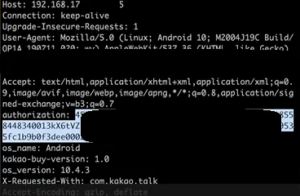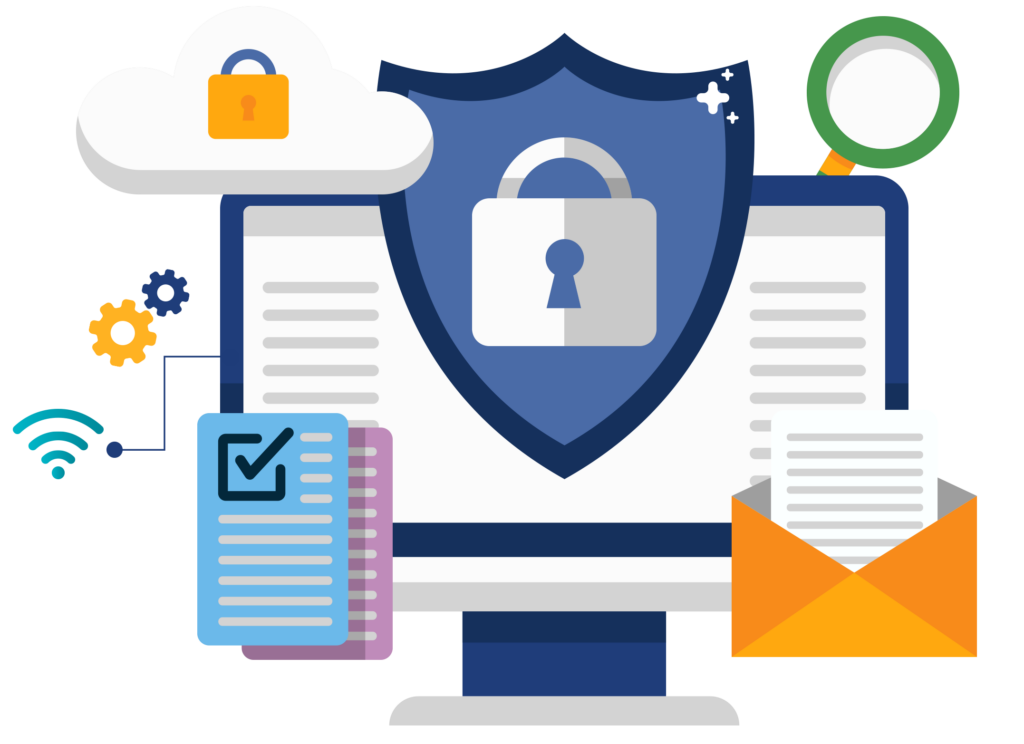
Embarking on a career in cybersecurity can be both exciting and rewarding. With the increasing prevalence of cyber threats, the demand for skilled professionals in this field is at an all-time high. Here’s a step-by-step guide to help you start your journey in cybersecurity.
Step 1: Understand the Cybersecurity Landscape
Before diving into the field, it’s crucial to understand what cybersecurity entails. Cybersecurity involves protecting systems, networks, and data from digital attacks. Familiarize yourself with the various domains within cybersecurity, such as:
- Network Security
- Information Security
- Application Security
- Endpoint Security
- Cloud Security
- Identity and Access Management
- Incident Response
Step 2: Assess Your Current Skills and Interests
Evaluate your existing skills and interests to determine where you might fit best within the cybersecurity landscape. Consider whether you have a strong background in IT, programming, or another technical field, and think about what aspects of cybersecurity intrigue you the most.
Step 3: Acquire Relevant Education and Certifications
Formal education and certifications can provide a solid foundation in cybersecurity:
- Degree Programs: Consider enrolling in a degree program in computer science, information technology, or cybersecurity.
- Certifications: Earn widely recognized certifications such as:
- CompTIA Security+
- Certified Information Systems Security Professional (CISSP)
- Certified Ethical Hacker (CEH)
- Certified Information Security Manager (CISM)
- Certified Information Systems Auditor (CISA)
Step 4: Gain Practical Experience
Hands-on experience is invaluable in cybersecurity. Seek out opportunities to apply your knowledge:
- Internships: Look for internships or entry-level positions in IT or cybersecurity.
- Labs and Simulations: Utilize online labs and simulations to practice your skills.
- Volunteer Work: Offer your services to non-profits or small businesses to gain experience.
Step 5: Develop Technical Skills
Cybersecurity professionals need a strong technical skillset. Focus on developing the following skills:
- Networking: Understand how networks operate and how to secure them.
- Programming: Learn programming languages such as Python, Java, or C++.
- Operating Systems: Gain proficiency in operating systems, especially Linux and Windows.
- Security Tools: Familiarize yourself with security tools like firewalls, intrusion detection systems (IDS), and security information and event management (SIEM) systems.
Step 6: Build a Strong Professional Network
Networking can open doors to job opportunities and mentorship:
- Join Professional Organizations: Become a member of cybersecurity organizations like (ISC)², ISACA, or CompTIA.
- Attend Conferences and Meetups: Participate in industry conferences, webinars, and local meetups.
- Engage Online: Join online forums and LinkedIn groups related to cybersecurity.
Step 7: Keep Up with Industry Trends
Cybersecurity is a rapidly evolving field. Stay updated on the latest trends, threats, and technologies:
- Follow Industry News: Subscribe to cybersecurity news sites and blogs.
- Read Research Papers: Stay informed by reading research papers and reports from cybersecurity firms.
- Take Continuing Education Courses: Regularly take courses to update your knowledge and skills.
Step 8: Apply for Jobs and Prepare for Interviews
When you feel ready, start applying for jobs in cybersecurity:
- Tailor Your Resume: Highlight your education, certifications, and practical experience.
- Prepare for Interviews: Practice common cybersecurity interview questions and demonstrate your problem-solving skills.
- Showcase Your Projects: Have a portfolio of projects or labs that showcase your skills and knowledge.
Step 9: Consider Specializing
As you gain experience, consider specializing in a specific area of cybersecurity:
- Penetration Testing
- Incident Response
- Threat Intelligence
- Forensics
- Governance, Risk, and Compliance (GRC)
Step 10: Stay Committed and Persistent
Building a career in cybersecurity takes time and dedication. Stay committed to your goals, continue learning, and be persistent in your job search.
Cyber Range for Upskilling Your Cybersecurity Knowledge
1. Hands-On Learning: Cyber ranges provide a realistic, hands-on environment where you can practice and hone your cybersecurity skills.
2. Real-World Scenarios: They simulate real-world cyber threats and attacks, helping you learn how to respond effectively.
3. Skill Validation: Using a cyber range, you can demonstrate and validate your skills to potential employers, showcasing your practical expertise.
4. Career Advancement: By upskilling through a cyber range, you can increase your chances of landing a cybersecurity job and advancing your career.
To know more, click here
Conclusion
Starting a career in cybersecurity is a strategic and multi-step process. By understanding the field, acquiring relevant education and certifications, gaining practical experience, and continuously updating your skills, you can successfully launch a rewarding career in this vital and dynamic industry. At PurpleSynapz, we are dedicated to helping aspiring cybersecurity professionals achieve their career goals through comprehensive training and support.
Views: 147





